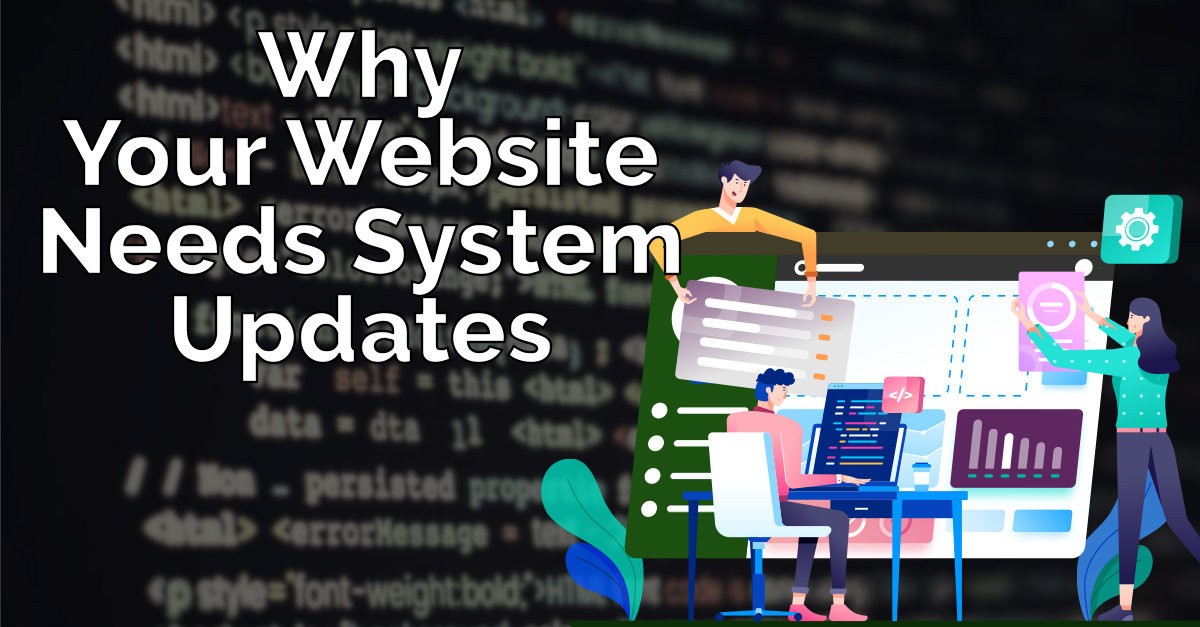Why Your Website Needs System Updates
If you bought a car but never changed the oil, rotated the tires, or completed any other maintenance, that car probably wouldn't last long, would it? Even if it still looked passable from the outside, it would be internally deteriorating and before you know it, your car would be rendered useless. The same could be said for your website if it isn't properly maintained. When it comes to your site, it's not a set it and forget it investment. Due to the ever-evolving nature of technology, updates are constantly being released and if you don't keep up, you will likely get left behind.
What are Web Components?
Much like a car, your website is made of many different parts (components). These components could be your blog, forms, events calendar, or anything else that extends beyond a basic page with text and images on it. Without them, your website would be nothing more than a brochure, but when utilized, these components bring your website to life and make it a valuable tool for both you and your visitors. However, if these components aren't updated, you could be missing out on full functionality and so much more. Consistently maintaining your website could save you thousands in the future.
Why Component Updates are Important
1. Prevent Security Threats
Security is always first and foremost. When your CMS and components become too outdated, you open up your website to a plethora of security threats. Component security is being updated all the time, and when you neglect to download those security updates, you're potentially leaving open backdoors for hackers to access. We've had many new website clients who have come to us because their site sat idle for years and ended up becoming compromised. Not only is this inconvenient, but it can tamper with your brand and reputation.
2. Maintain Third-Party Resources
Many components are a product of third-party resources. This creates a variety of opportunities to customize your site to function in a way that helps you run your business, but it also means you will need to keep those third-party components up to date. Since all of these components come from different places, they don't necessarily have an "update schedule" which means it will require some extra maintenance to keep everything functioning at the highest level. Take note, updates are inevitable, don't let this deter you from being open to third-party resources!
3. Stay Aligned with New Standards
Google releases updates every so often, and once one is released, it's crucial that you make sure your website abides by Google's new standards. With Google's June 2021 Update, there is an emphasis on accessibility, page speed, mobile-friendliness, and security. Unfortunately, if you don't abide by these guidelines, you could see your ranking be negatively affected. By keeping the components on your website up to date, it will be easier to make content updates that help conform to Google's new standards.
4. Update Flexibility
While your end-users wouldn't necessarily notice CMS or component updates, they would notice if your website content and design were out of date. By keeping your components updated, you have the freedom to make updates to the public-facing part of your website as often as needed with little to no resistance from the backend of your website. This allows you to provide meaningful, updated information to your clients without a hassle.
Sometimes it's easy to think that your web developer is just looking for extra cash by pitching website updates to you. However, updates on both the back and front end of your website are absolutely crucial. By investing in regular component updates, you can keep your website in great shape for years to come.





